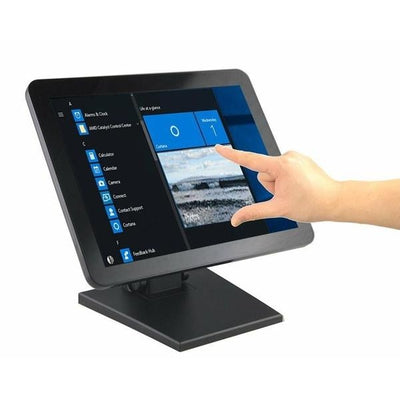The technology that drives the retail and service industries are evolving. The latest POS technology is at the forefront of this transformation. They integrate both software and hardware to extend beyond the traditional cash register and receipt. It’s not just about collecting payment. Point of Sales Experience now is focused on operational intelligence, customer insight and seamless integration across the organization.
POS Software: The Heart of the System
While traditional configurations can handle basic transactions but point of sale POS software functions as a command center. It tracks inventory when it’s sold, and automatically updates inventory levels, and alerts you when items are low. It keeps track of sales and preferences and turns each transaction into valuable data that can help inform future marketing and purchasing strategies.
A reliable POS system’s ability to connect departments is one of its lesser-known functions. Certain systems include time clocks that are used to calculate wages and to schedule employees rather than handling payroll on its own. The result is a more efficient process for employees and less administrative stress.

For companies that have a physical and online presence today’s POS software comes with vital sync capabilities. Products in stores can be synchronized with online stock in real-time which can prevent mismatches and double-selling. This is a crucial step as shopping trends move towards hybrid purchases, where shoppers can browse online before picking up the product in store.
The reason why integration is more crucial than ever
Modern POS systems are a great example of integration. The time of juggling several tools that did not “talk” to each other are long gone. The strength of a strong POS platform is the ease with which it connects the departments of sales, inventory, employee management and even accounting.
Think about customer experience. A quick scan at the point of purchase can show a customer s loyalty points as well as apply discounts. Additionally, it will provide them with an electronic receipt. Backend, this sale update revenue totals and the availability of stocks as well as daily reports. This provides a personalized shopping experience while minimizing any manual inputs and the possibility of errors.
This kind of information can be extremely beneficial to managers and business owners. They can modify their pricing strategies and respond to changing trends more quickly with precise current data.
A monetary investment that pays off in the long run
There are a variety of reasons businesses are investing more in POS software. The software can provide tangible ROI. The advantages of POS solutions surpass speed and accuracy. They can also aid in better decisions and longer-term growth. A properly-implemented Point of Sales system will help you streamline your business operations and detect patterns that you might have missed.
Moreover, with the rise in consumer expectations that a modern point of sale setup is a vital but silent part of customer experience. Fast checkouts, accurate data on inventory, and a digital payments are becoming common requirements. Businesses that can meet these elements earn more trust as well as more repeat visits.
Final Thoughts
Modern POS is more than a tool to process checkouts. It’s a connection between your employees, you and customers. The right point of sale POS software helps you understand your business on a deeper level, offering clarity in decision-making and efficiency in execution.
In a competitive market staying ahead requires being informed, agile and customer-centric. With a smart, integrated POS point of sale system at your side it’s not just about making sales but also creating a sustainable business.